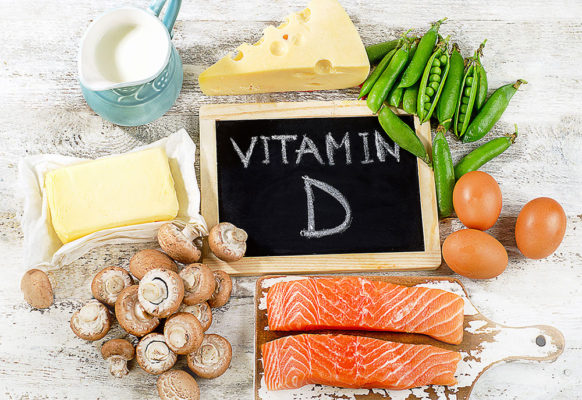VITAMIN D DEFICIENCY
Vitamin D is a fat-soluble vitamin essential in the daily diet. It is synthesized in the skin by exposure to the sunlight and is also present in some foods
Vitamin D is a fat-soluble vitamin essential in our diet. It is synthesized in the skin by exposure to the sunlight and is also present in some foods.
TopFew foods are naturally rich in vitamin D. Fatty fish contain significant amounts of vitamin D.
TopVitamin D helps calcium absorption, increases bone mass and improves balance. In addition, it appears to have multiple beneficial effects on various bodily systems, such as on the immune and cardiovascular system.
TopLower than normal vitamin D levels lead to vitamin D deficiency, which can be clinical or subclinical. Subclinical vitamin D deficiency is common in developed countries, especially during the winter months and in older age groups.
Top
The causes of vitamin D deficiency can be:
However, the most common cause is:
Subclinical vitamin D deficiency is associated with:
On the other hand, clinical vitamin D deficiency is characterized by:
Vitamin D deficiency is treated with supplements in a dose that depends on the degree of the deficiency. Again, individualisation of treatment is important, especially in special categories such as: